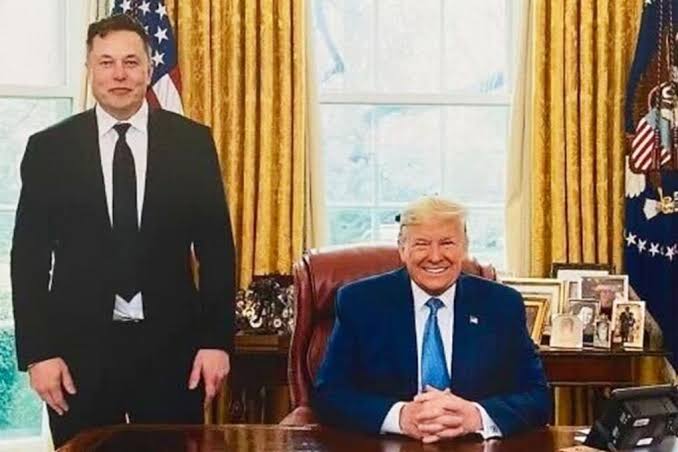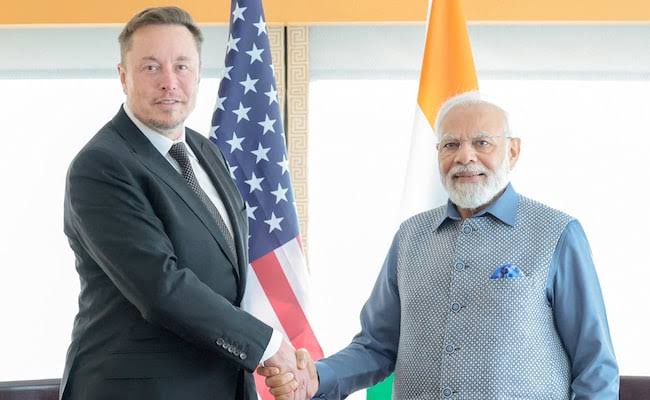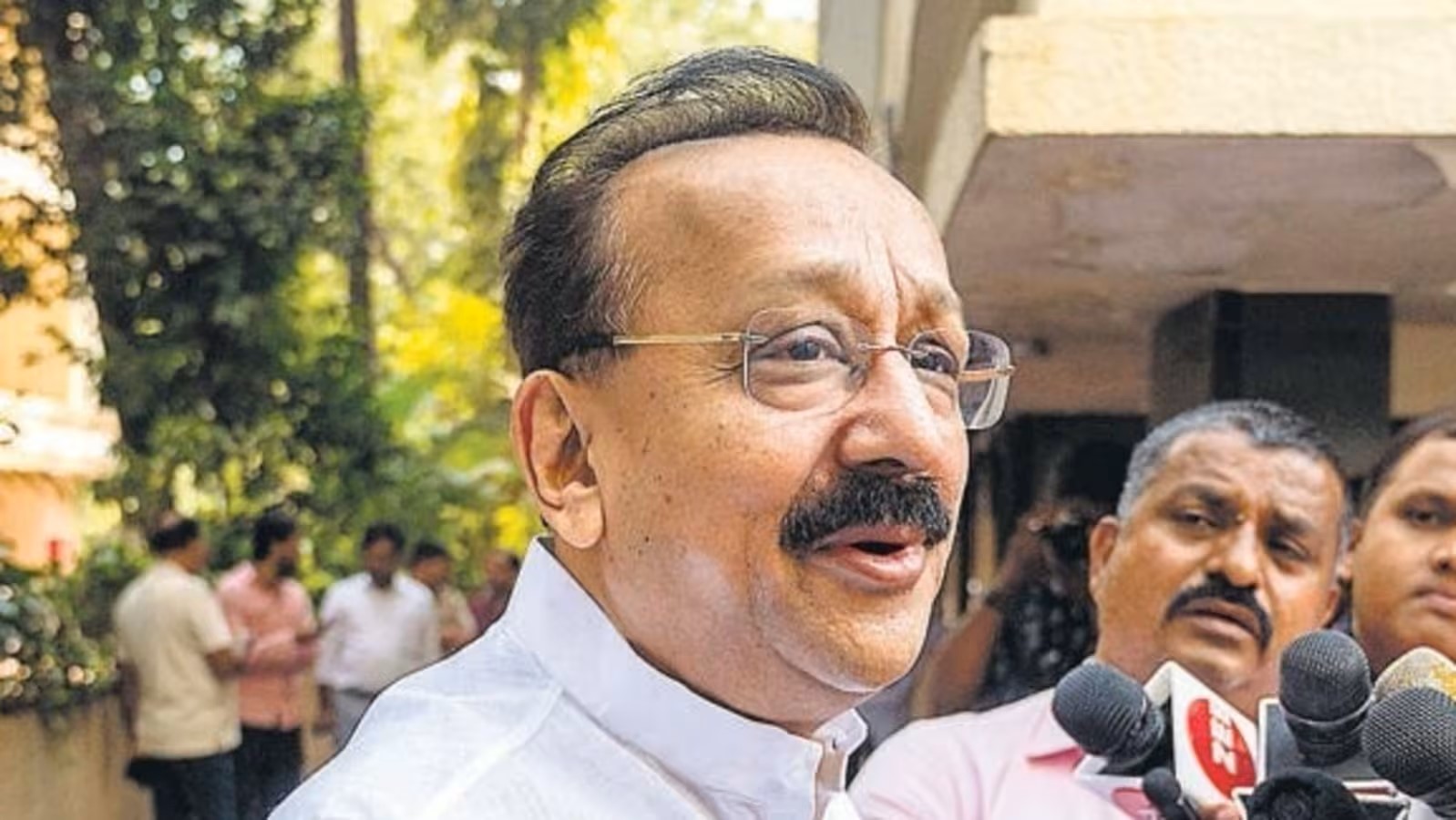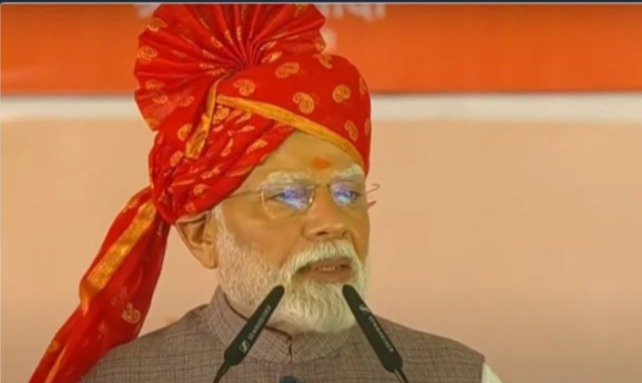India’s most advanced communications satellite, GSAT-N2, will be launched into orbit next week aboard SpaceX’s Falcon 9 rocket from Cape Canaveral, Florida. Built by the Indian Space Research Organisation (ISRO), the 4,700 kg satellite is too heavy for India’s current rockets, making a commercial launch by SpaceX the most viable option. This marks the first of several future collaborations between ISRO and SpaceX.
 The GSAT-N2, with a mission life of 14 years, is a state-of-the-art communications satellite equipped with 32 user beams, which will enhance telecommunication and in-flight internet connectivity across India. These beams will cover the entire country, with specific focus on the northeastern region. The satellite is expected to significantly boost India’s digital infrastructure, especially in remote areas.
The GSAT-N2, with a mission life of 14 years, is a state-of-the-art communications satellite equipped with 32 user beams, which will enhance telecommunication and in-flight internet connectivity across India. These beams will cover the entire country, with specific focus on the northeastern region. The satellite is expected to significantly boost India’s digital infrastructure, especially in remote areas.
The commercial launch of GSAT-N2 is the result of India’s growing collaboration with SpaceX. Historically, ISRO relied on European space agency Arianespace for launching heavier satellites. However, with Arianespace currently unable to offer operational rockets and the political complexities surrounding Russia’s space program, SpaceX has emerged as a reliable partner for India.
Radhakrishnan Durairaj, Chairman and Managing Director of New Space India Ltd (NSIL), the commercial arm of ISRO, called the deal a “good one,” citing the favorable price, technical compatibility, and overall commercial terms. The launch cost is estimated to be around $60-70 million, a significant but necessary investment for India’s space ambitions.
The GSAT-N2 satellite’s launch is strategically important for both India and SpaceX, as it marks a shift toward increased commercial space cooperation between the two entities. While some view ISRO and SpaceX as competitors in the low-cost launch market, there is little doubt that SpaceX currently holds a significant lead in the global space industry.
The satellite launch also highlights the growing relationship between Prime Minister Narendra Modi and key figures in the US, including SpaceX CEO Elon Musk. Musk has previously expressed admiration for Modi, and the timing of the launch comes amid ongoing diplomatic ties between the US and India.
In addition to this deal, SpaceX is also involved in a separate commercial agreement with India’s Axiom Space to send an Indian astronaut to the International Space Station. The $60 million mission, which will also be launched using SpaceX’s Falcon 9, is part of India’s broader plans to expand its presence in global space exploration.
While these commercial ventures between ISRO and SpaceX are a sign of growing international cooperation, they also come with challenges. Elon Musk’s Starlink satellite internet service is still awaiting regulatory approval in India. Telecom Minister Jyotiraditya Scindia recently stated that Starlink would be granted a licence only once it complies with India’s security requirements.
In conclusion, the GSAT-N2 launch represents a significant milestone in India’s space ambitions, showcasing the growing ties between ISRO and global space giants like SpaceX. The collaboration could pave the way for more ambitious space missions in the future, as India continues to strengthen its position in the global space industry.




